Take a moment to breathe deeply in and out. Feel the air flowing through your lungs, cool or warm, light or heavy. Realize that each breath connects you to everything that lives.


Take a moment to breathe deeply in and out. Feel the air flowing through your lungs, cool or warm, light or heavy. Realize that each breath connects you to everything that lives.
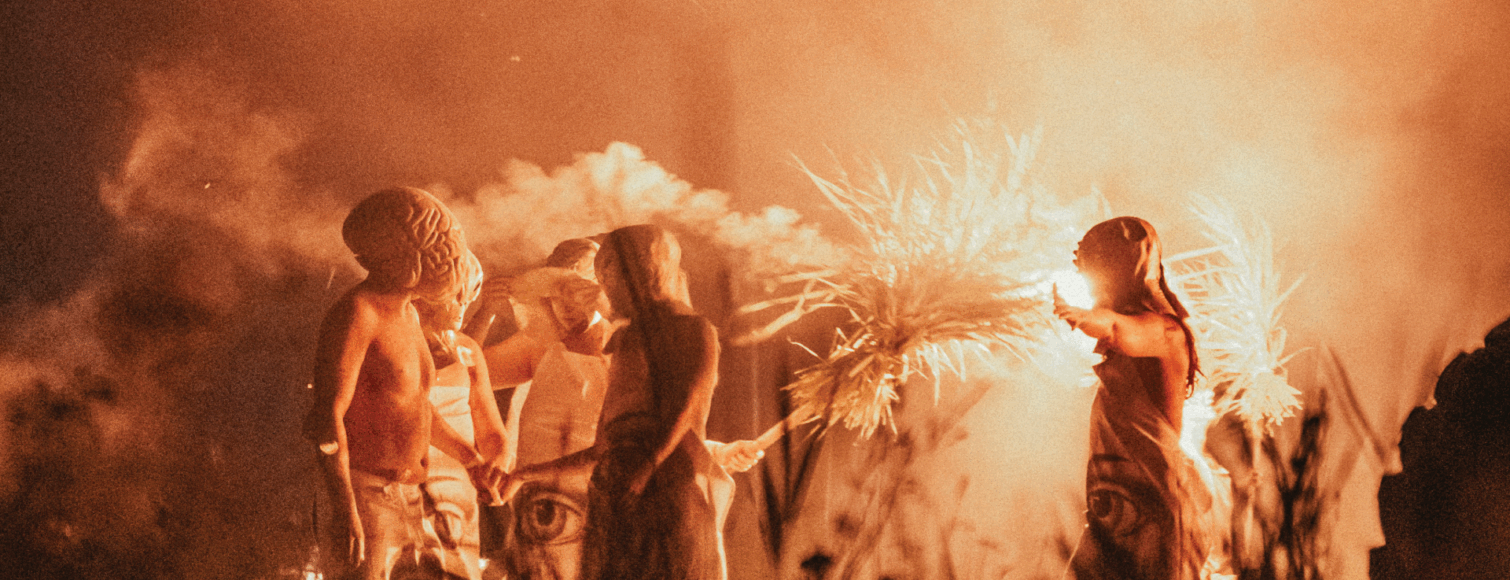
You wake up. Even before getting out of bed, you check your phone. One message, a notification, a headline. Something urgent. Something demanding attention. Something that makes you angry. Your brain immediately switches on. This is neurocapitalism.
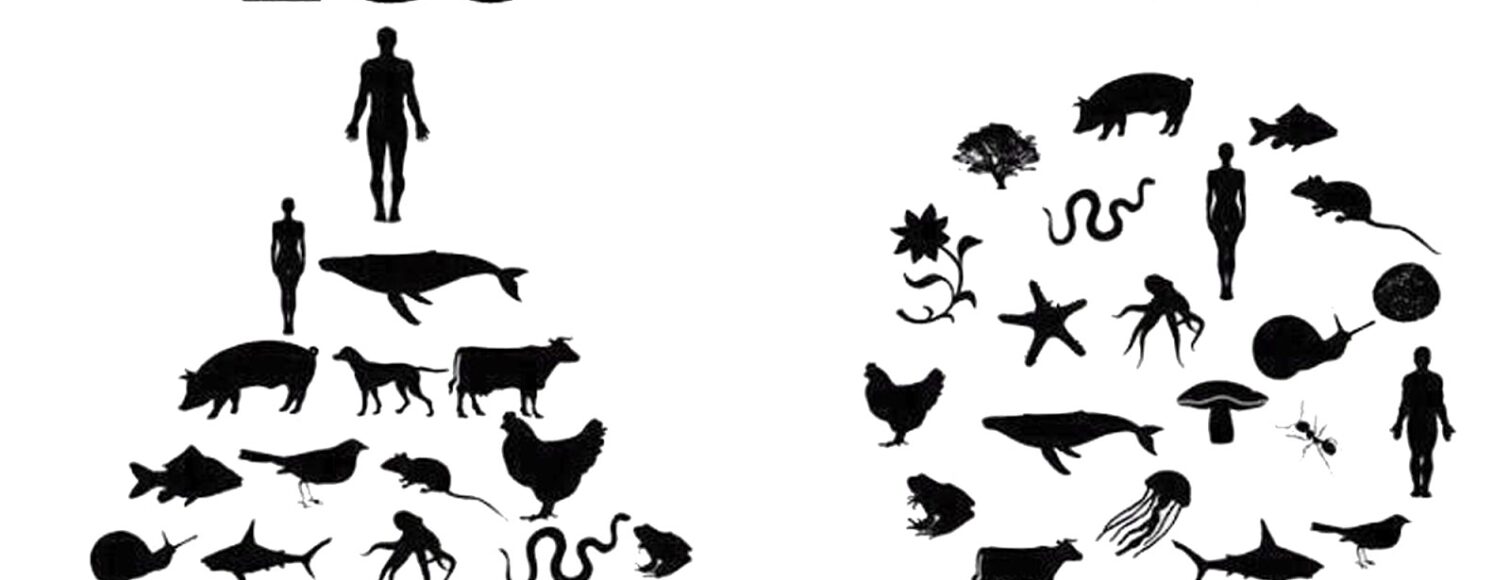
When we talk about public space, we usually think of squares, parks, and streets – places where people meet, move, protest, or rest. But public space is always political.
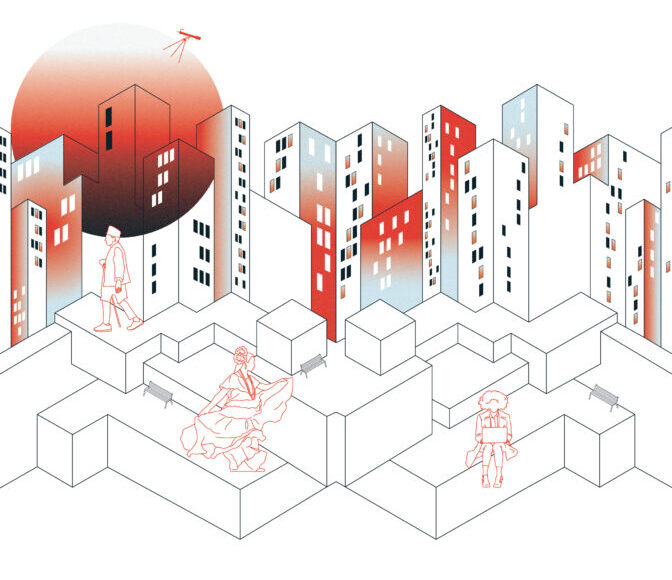
In recent weeks, Studium Generale explored the theme of (re)claiming space – both literally and figuratively. What does it mean to claim space within the university, or in the city? Who decides who may stand where, speak, or remain silent? Our first gathering focused on student protests on campus. Students entered into conversation with, among […]

Before the summer, a tent camp appeared between the Library and the Aula. I heard colleagues (not from Studium Generale) sigh that the campus is not an “action camp.” After all, a university is supposed to be a place for education and research, not political struggle. But is that really true? To begin with: research […]
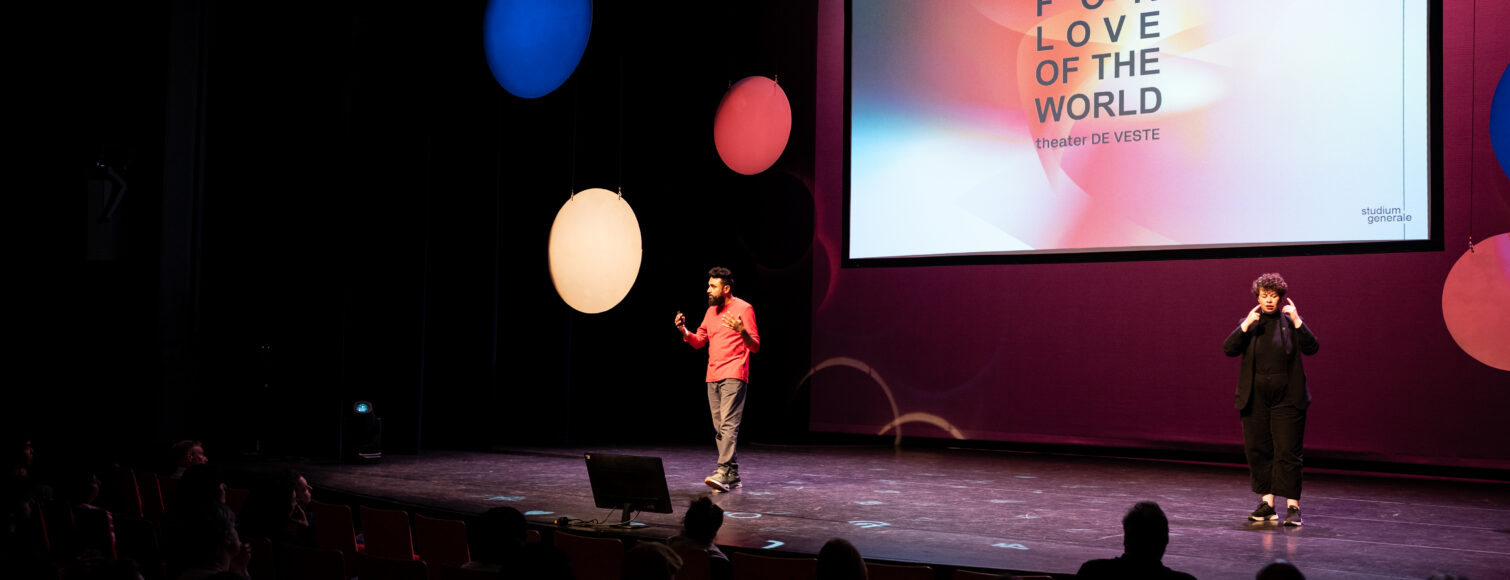
Can we use technology, art, and philosophy to offer a hopeful, inclusive, and just perspective in which all earth-dwellers — human and non-human — can feel at home? Head of Studium Generale Leon Heuts reflects on the second edition of the For Love of the World Festival.
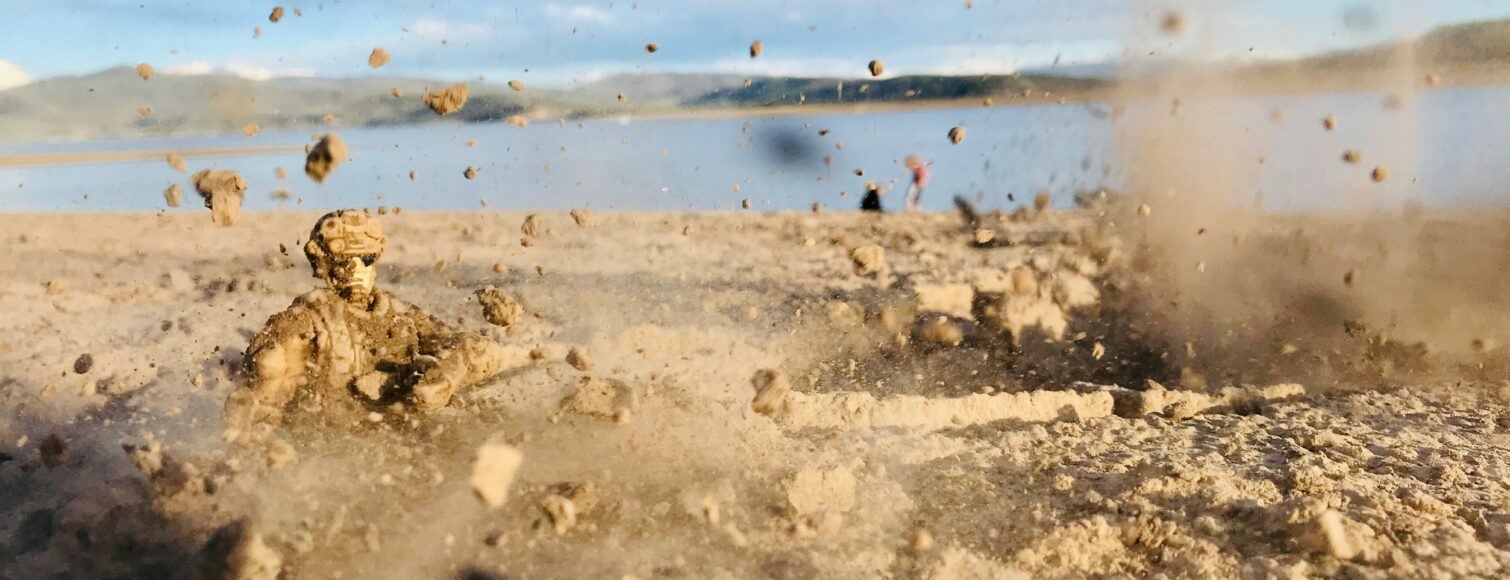
I saw bodies shatter into pieces under precisely dropped mini-bombs. I saw soldiers begging the camera for mercy. I saw others shot point-blank after surrendering. But what did I actually see?
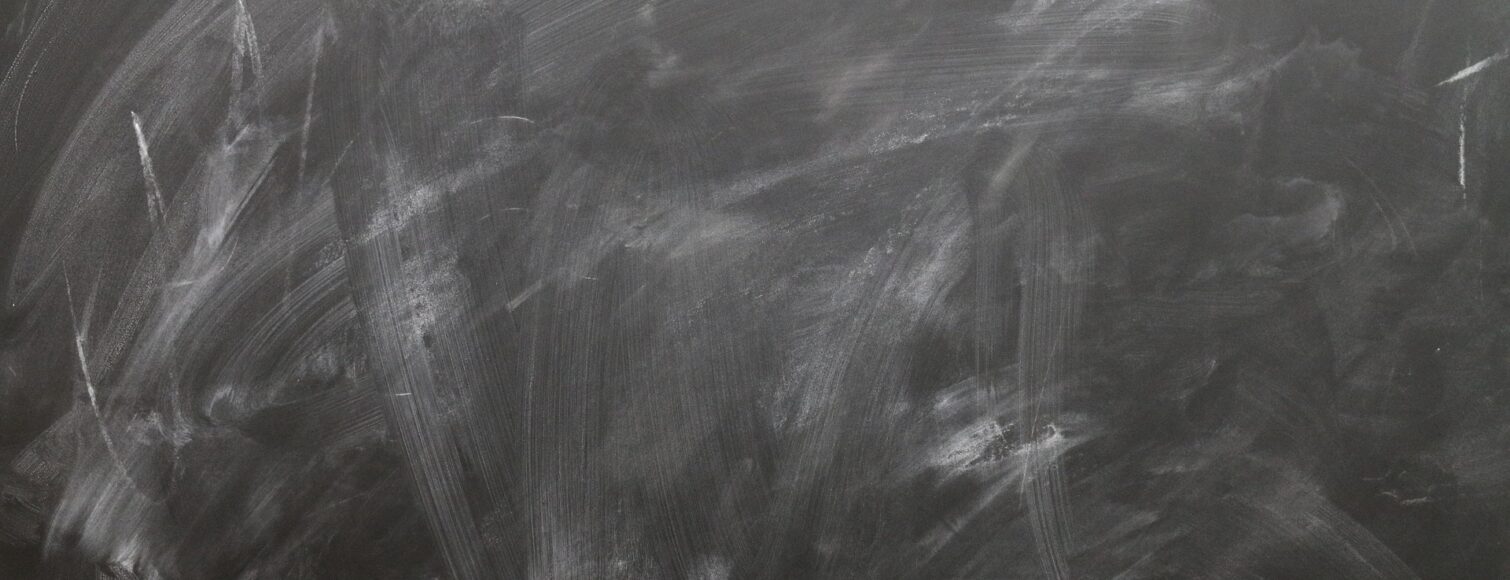
Wars begin when words lose their meaning. In the series War & Rhetoric we examine how language gradually becomes toxic in the run-up to conflict, but also how it can connect and heal.
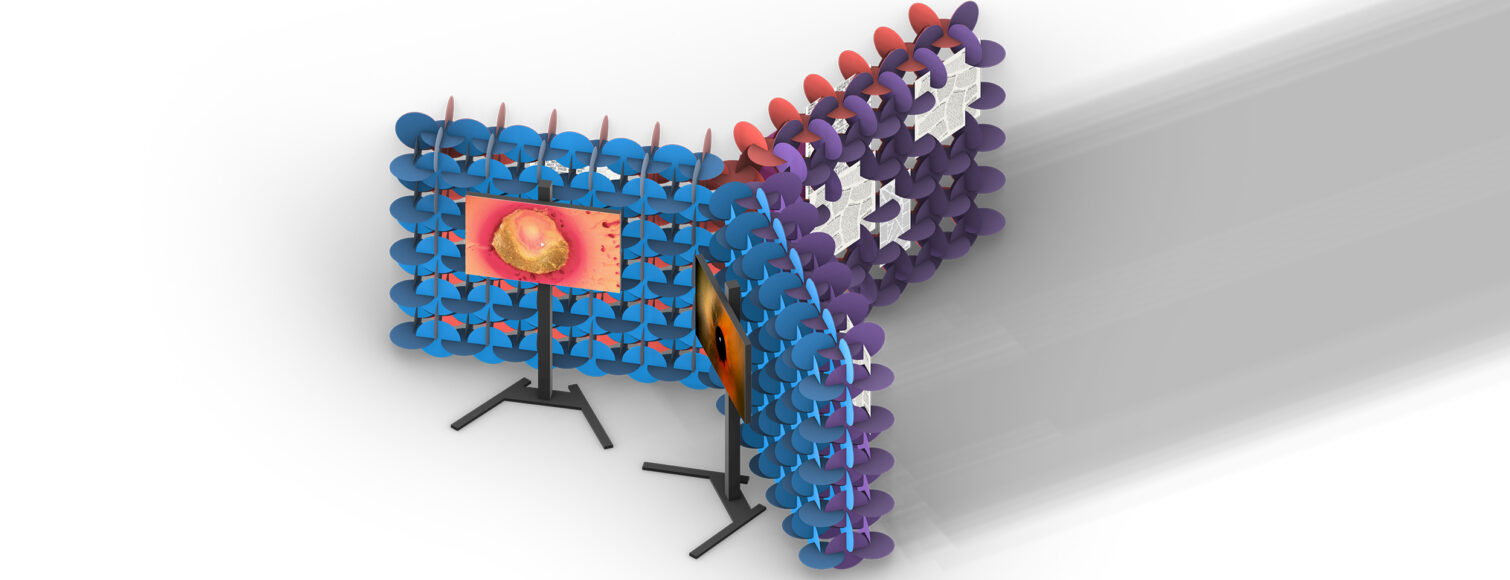
Veni, vidi, vici, Julius Caesar exclaimed after a victorious battle—three words that have since encapsulated the essence of decisiveness. Since then, the triad has become a powerful principle: from the Holy Trinity and the Three Wise Men to The Lord of the Rings trilogy and the structure of a well-told story with a beginning, middle, and end.
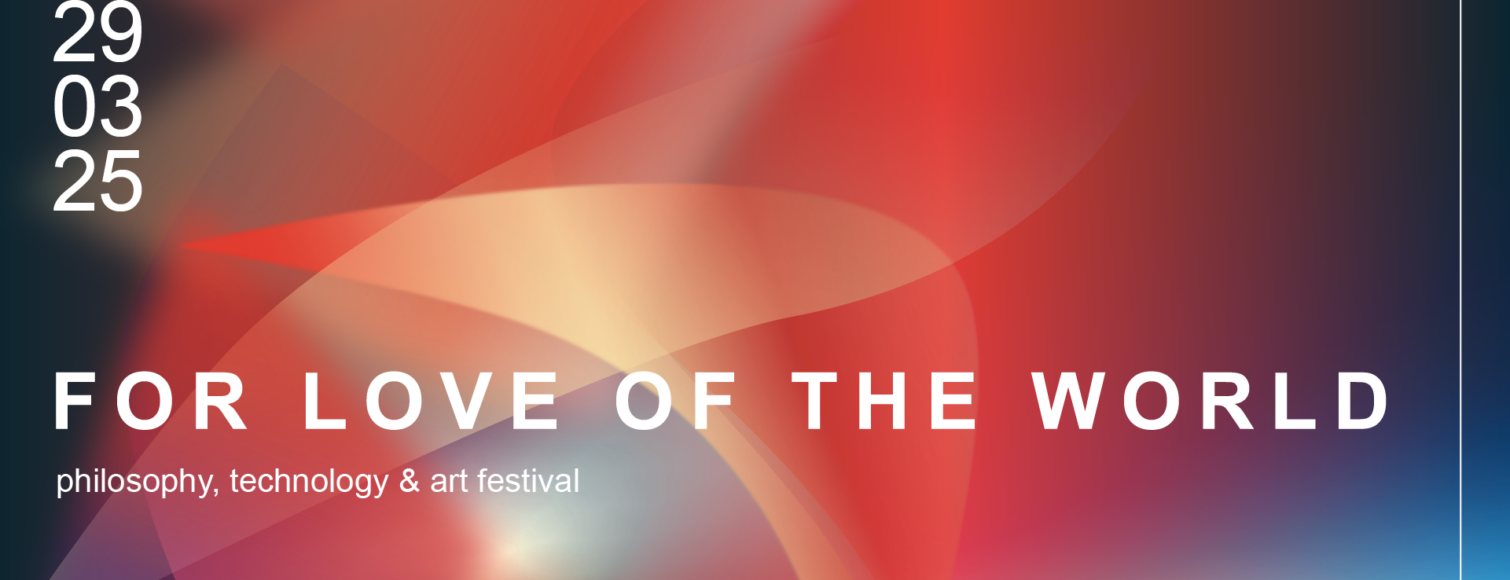
“Love takes off the masks that we fear we cannot live without but know we cannot live within,” writes essayist and civil rights activist James Baldwin in The Fire Next Time. This statement comes from a time of great social upheaval in the United States, the early 1960s. It was a period marked by political […]